|
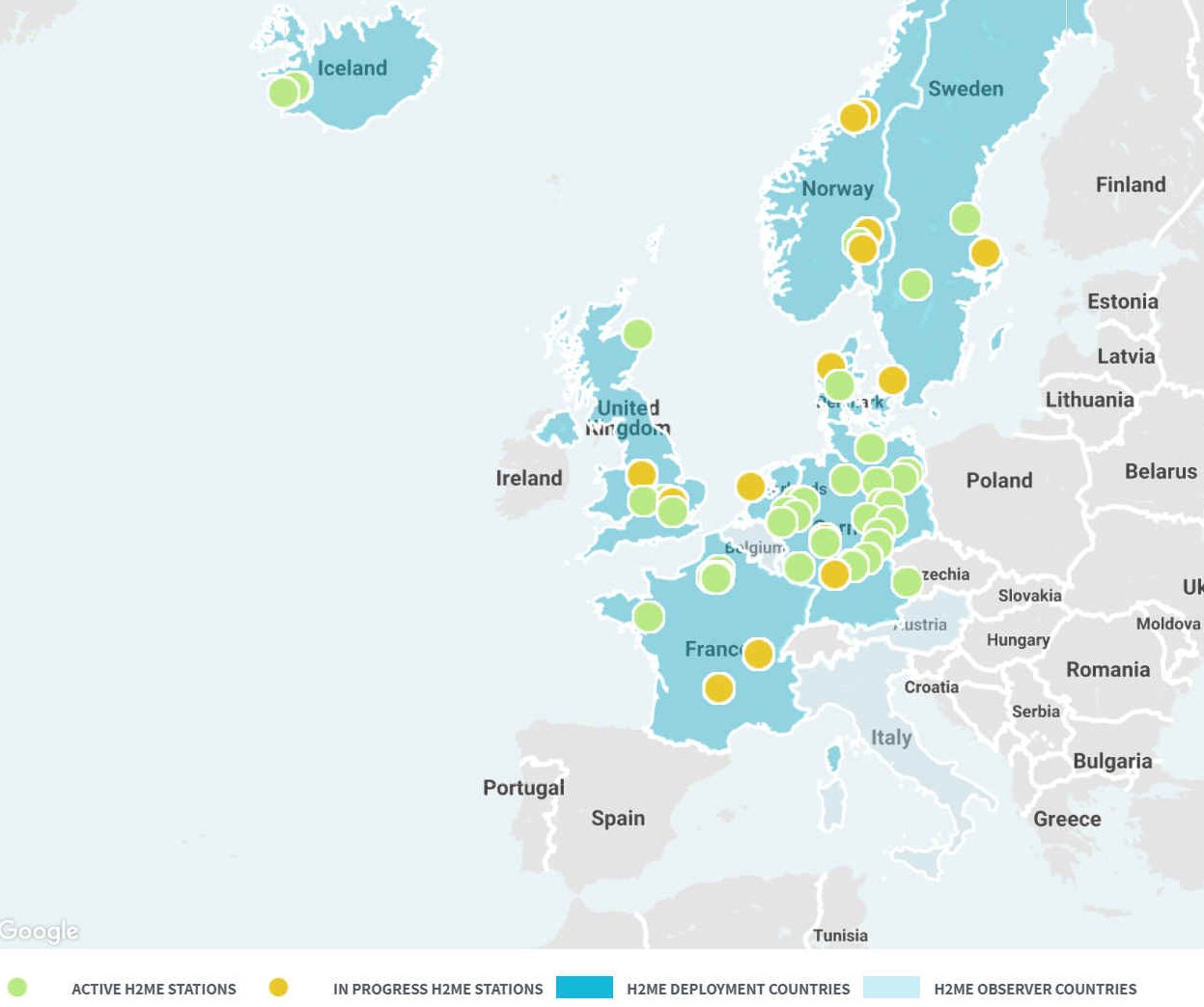
HYDROGEN MOBILITY EUROPE (H2ME) PHASE 1 - EMERGING CONCLUSIONS
14 JAN 2021
The H2ME initiative is a flagship European project, deploying hundreds of fuel cell hydrogen cars, vans and trucks and the associated refuelling infrastructure, across 8 countries in Europe.
It will create the first truly pan-European network, and the world’s largest network of hydrogen refuelling stations.
The project is made up of two phases, H2ME (1), which started in 2015, and H2ME-2, which will end in 2022. Over the course of these two phases, more than 1400 vehicles and 45+ hydrogen refuelling stations will be deployed.
The project is being supported by the European Union through the Fuel Cells and Hydrogen Joint Undertaking
(FCH 2
JU) but is driven by the continuous engagement of the industry.
This is a summary of the project status, highlights key achievements and also suggests some of the emerging issues which need to be tackled by the fuel cell vehicle sector as it moves towards a commercially viable mass market proposition.
The project is intended to:
- Give first hand information to stakeholders, policy-makers etc.;
- Align H2ME partners on the common themes emerging from the early demonstration results;
- Serve as a basis for additional dissemination materials.
As Europe prepares for ambitious revisions to its regulatory framework to support the Green Deal’s targets, key findings from the largest European hydrogen mobility initiative highlight the role hydrogen can play
A flagship project for hydrogen mobility involving nearly 50 organisations at the forefront of the sector has today published its final report detailing the key findings and learnings. The findings are released at a crucial time as the European Green Deal seeks a 90% reduction in transport related emissions by 2050.
Hydrogen Mobility Europe (H2ME) has completed its first phase and compiled a rich dataset since initiating in 2016: 630 hydrogen
fuel cell electric vehicles have been deployed in 10 countries and 37 new hydrogen refuelling stations installed in 8 countries, achieving 14.5 million km driven and 147 tonnes of hydrogen dispensed across 68,000 refuelling events. It is the largest European deployment for hydrogen mobility to date and demonstrates the commercial potential to rollout fuel cell
electric vehicles (FCEVs) and hydrogen refuelling stations (HRS) for large and small fleets.
Following the conclusion of its initial phase, H2ME recommends national and international incentives that ensure the dispensed cost of low carbon hydrogen is competitive for vehicle operators to create a level playing field with other zero emission vehicles. National, regional, and local policies that ensure continued development of the industry are also recommended. The expansion of hydrogen infrastructure as a result of H2ME, co-funded by the FCH-JU, means more FCEVs now have access to refuelling stations however the limited infrastructure prevents full operational advantages of FCEVs being realised.
Incentives such as purchase grants and tax exemptions will unlock demand from vehicle operators and bring market confidence to vehicle suppliers. Similarly, financial support applied per unit (kg) of hydrogen sold, similar to the feed in tariffs which were applied to stimulate early renewable energy uptake, will lower the price of green hydrogen at the pump. This will enable high utilisation of refuelling stations, which strengthens its business case, demonstrated by clusters of captive fleets with high mileage and heavy-duty cycles as they have significantly lower costs per kilogram of hydrogen.
The second phase of deployment will focus on developing state of the art refuelling stations, increased options for producing green hydrogen, and targeting a wider range of vehicles (from light duty to heavy duty vehicles). The lessons from phase one show that future hydrogen mobility strategies should focus more on high mileage and heavy-duty applications to provide the anchor demand for new installations. This will provide a stronger business case to the HRS operators.
Hydrogen could play a key role in enabling high mileage applications can transition to zero emission as these applications have specific operational needs such as long range and short refuelling time, that can be met by FCEVs. The overall cost of operating FCEVs in these fleets is expected to decrease rapidly in the coming years. For example, an analysis from the ZEFER project found that for high mileages applications such as taxis, and with hydrogen at €7,5/kg,
FCEVs can reach parity on a total cost of ownership basis with petrol/diesel hybrids in the next 5 years.
In Denmark three Hyundai ix35 FCEVs are used by the Municipality of Copenhagen for a variety of duties as part of H2ME. They average 120 km travelled per day, with recorded distances up to 500 km in a single day, and have access to three refuelling stations within driving range. Well-to-wheel (WTW) emissions from FCEVs in Denmark are calculated at 20 gCO2e/km, compared to 34 gCO2e/km for a battery electric vehicle, 47 gCO2e/km for a battery electric SUV and 217 gCO2e/km for a diesel comparator. The use of 100% green certified electrolytic hydrogen is key to the low emissions, however FCEVs still achieve significantly lower WTW emissions than diesel or gasoline vehicles even if using hydrogen derived from fossil fuels. Similar analysis conducted in
Germany and France found that FCEVs achieve significant emission savings compared to diesel or gasoline vehicles, even if using fossil-derived hydrogen, and can be even more significantly when using low carbon or
green
hydrogen.
The fuel cell electric vehicles deployed have completed up to 600 km of driving range on a single tank, and prove reliable with over 99% availability over their operational usage since 2016. The confirmation of technology readiness, emerging business cases and customer proposition in the project shows a path towards commercialisation.
With increasing needs for zero emissions mobility solutions to achieve environmental targets, and economics expecting to improve rapidly at scale, there is a strong case to support the commercial rollout for hydrogen mobility.
Bart Biebuyck, Executive Director at Fuel Cells and Hydrogen Joint Undertaking (FCH JU), said:
“The first phase of H2ME has demonstrated that light duty hydrogen fuel cell vehicles are performant and nearing market competition with other zero emissions vehicles for high mileage applications, like taxi fleets. In addition, our flagship project was successful in supporting the onset of a European H2 infrastructure for road transport. Today, Europe has a card to play: By integrating these learnings into the heavy duty truck sector, it can capitalise on best practices of vehicles fleets and infrastructure management, making an essential contribution to a green post-Covid recovery of our economy”.
Ben Madden, Director at Element Energy, said: “We are pleased to share the results and findings of the H2ME 1 project. This project would not have been possible without the support from the FCH JU and commitment of all partners involved. Grants to support early stage commercial deployments are a critical step in the path towards commercialisation and will remain one of the key financial tools at the European level in the coming year to develop solutions for zero-emission mobility. Element Energy is very proud to have coordinated this project and to continue supporting the largest hydrogen mobility initiative in Europe.”
Dr Duncan Yellen, Managing Director at ITM Motive, said: “Participation in the H2ME project has been invaluable in providing insights into both the engineering and customer requirements for our future build programme. Thanks to the learning provided here and through other funded projects we are confident in our ability to provide the best possible designs for building the next generation of Hydrogen Refuelling Stations across the UK to match the needs of heavy duty vehicles, high use car fleets and rail.”
Nikolas Iwan, CEO of H2 Mobility, said: “20 of the more than 90 stations in Germany have been built in the H2ME project. We are proud to be partner in the largest European hydrogen mobility initiative. Collaboration is the key to a successful mobility transition, especially in the next phase were rules and regulations have to be set for the light and heavy duty transport sector.”
Philippe Rosier, CEO of Symbio, said: “Symbio is proud to have been involved in the first and most important deployment project at the European level for hydrogen mobility. I have no doubt what we’ve learnt together during this first phase will be of great help for the future. This is a key factor to give Europe a leadership on hydrogen at the worldwide level, since combining acceleration on industrialization with deployment is the winning combination.”
Anna Margrét Kornelíusdóttir, Project Manager at Icelandic New Energy Ltd, said:
“The Nordic countries have long had a faith in clean hydrogen produced from their abundant renewable energy resources. Our governments have made this clear by implementing generous economic incentives and ambitious strategies.
“H2ME has demonstrated the use and reliability of hydrogen and fuel cell technology for passenger vehicles across Europe and proven the feasibility of hydrogen as a transport fuel.
“Amid rising pressure to reach decarbonisation goals, hydrogen technology represents a low carbon and low emission energy solution that can play a vital role in the next steps addressing a transition to clean energy, not only for passenger vehicles, but also heavy-duty trucks, marine vessels and even aviation.” 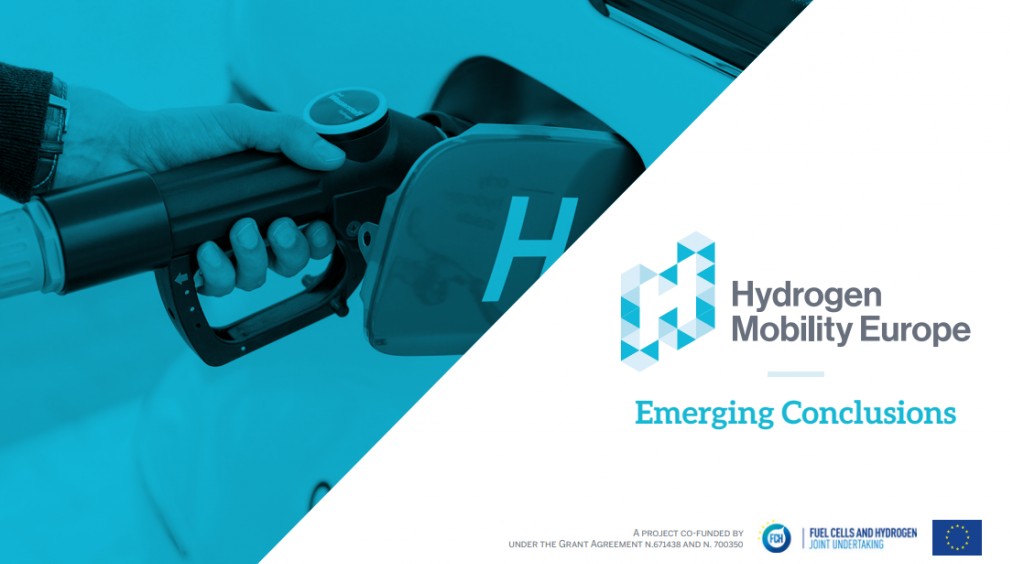
....
...
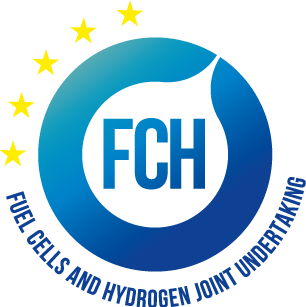
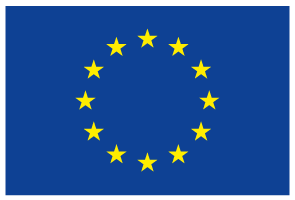 LINKS
& REFERENCE - Please note that links change with time & may not
still be live https://h2me.eu/
https://h2me.eu/publications/emerging-conclusions-2021-h2me-phase-1/
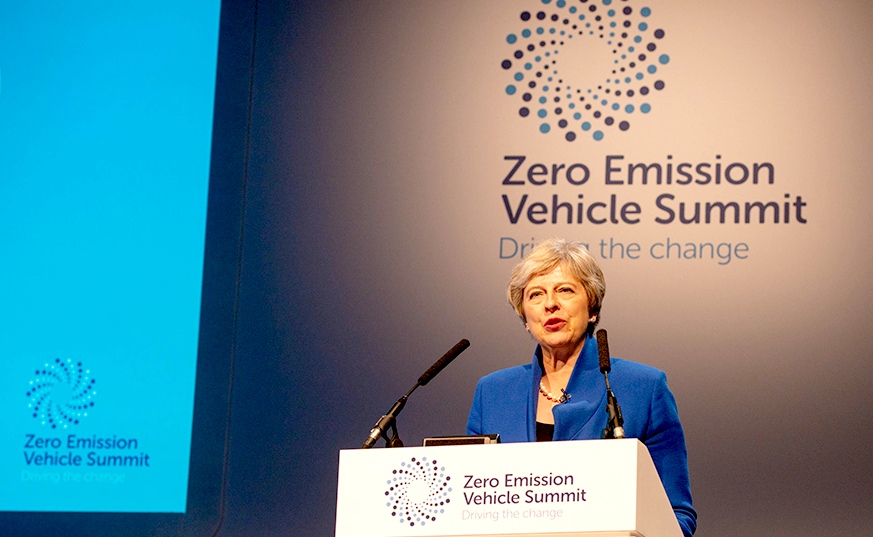
In
2018 Theresa
May kicked the ball into touch with her plan for a cleaner Britain
and sustainable motoring, without giving details, so attracting some
criticism. Since then, from 2030 the Conservative government has banned the
sale of diesel and petrol cars from 2030, with a requirement for zero
emission vehicles by 2035. The UK was the first country with
legally binding statute concerning climate change. Europe lagged behind at
that stage.
Please
use our A-Z
INDEX to navigate this site
This
website is provided on a free basis as a public information service.
copyright © Climate Change Trust 2021. Solar
Studios, BN271RF, United Kingdom.
|




